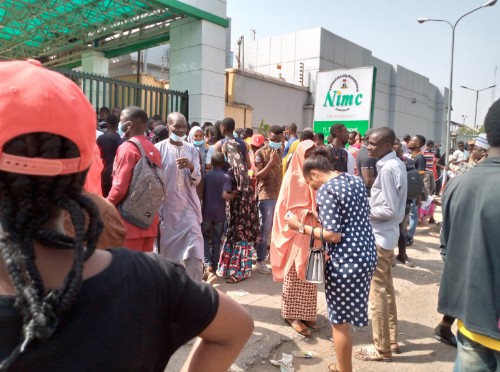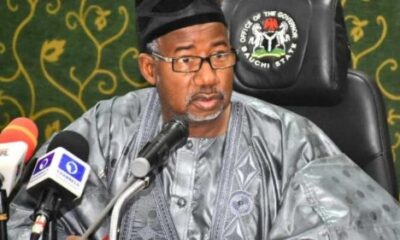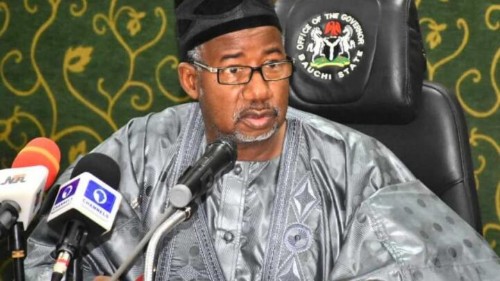The National Identity Management Commission (NIMC) has announced that 110 million Nigerians have registered for the National Identification Number (NIN), representing a 2.4% increase from the 107.34 million recorded at the end of May.
NIMC Director-General, Abisoye Coker-Odusote, disclosed this on Monday at the sixth edition of the National Day of Identity in Abuja, themed “Digital Public Infrastructure: Enabling Access to Services.”
Coker-Odusote attributed the achievement to NIMC’s strategic plan and emphasized the crucial role digital public infrastructure (DPI) plays in Nigeria’s economic development.
“The role of DPI has become indispensable to Nigeria’s economic development, as it offers a framework that connects citizens to essential services such as social welfare, healthcare, education, and financial inclusion,” Coker-Odusote said.
“At the forefront of this transformation is NIMC, responsible for the National Identification Number, which has enrolled over 110 million Nigerians.
“This provides a unique opportunity for the other two pillars of the DPI – data exchange and payment – to be layered on foundational identity for its effective development and adoption.”
Coker-Odusote said digital infrastructure has supported the government and financial institutions in enabling digital payments, digital money, digital identity and digital processes.
She said the student loan initiative, which has supported 257 institutions, registered 332,715 students for loans, and disbursed payments to over 18,000 students, demonstrates how DPI can remove financial obstacles to education
“I must say we are on the right path and key strides have been made through collaboration and partnerships with government agencies and private sector players linking of NINs and phone numbers with the telecommunication companies, NIN and bank verification number harmonisation with financial institutions to facilitate digital payments, digital money, digital identity and digital processes, amongst others,” she said.
“Furthermore, the student loan initiative showcases how DPI can eliminate financial barriers to education.
“Our journey with DPI reflects its similarity to physical infrastructure, requiring it to be open, interoperable and guided by set of governance rules and as such the public and private sectors need to intensify their partnership to drive innovation within the digital identity space and reap the benefits of DPI.”
Coker-Odusote said international collaboration is also essential in integrating innovative solutions and leveraging global expertise while ensuring Nigeria’s DPI remains competitive.
This strategy, she said, would enhance service delivery, boost our social investment programmes, and position Nigeria as a global player in the digital economy.
The enrolment increase may be a result of several announcements by the Nigerian Communications Commission (NNC), threatening to block unlinked phone lines.
On August 28, the NCC announced September 14 as the “final deadline” for its NIN-SIM linkage exercise, directing all mobile network operators (MNOs) to complete the verification and linkage of SIMs to NINs by the set date.
The commission had said over 153 million SIMs have been successfully linked to a NIN, “reflecting an impressive compliance rate of 96 percent, a substantial increase from 69.7 percent in January 2024″.

 BIG STORY4 days ago
BIG STORY4 days ago
 BIG STORY3 days ago
BIG STORY3 days ago
 BIG STORY4 days ago
BIG STORY4 days ago
 BIG STORY3 days ago
BIG STORY3 days ago
 BIG STORY1 day ago
BIG STORY1 day ago
 BIG STORY1 day ago
BIG STORY1 day ago
 BIG STORY2 days ago
BIG STORY2 days ago
 BIG STORY2 days ago
BIG STORY2 days ago
























